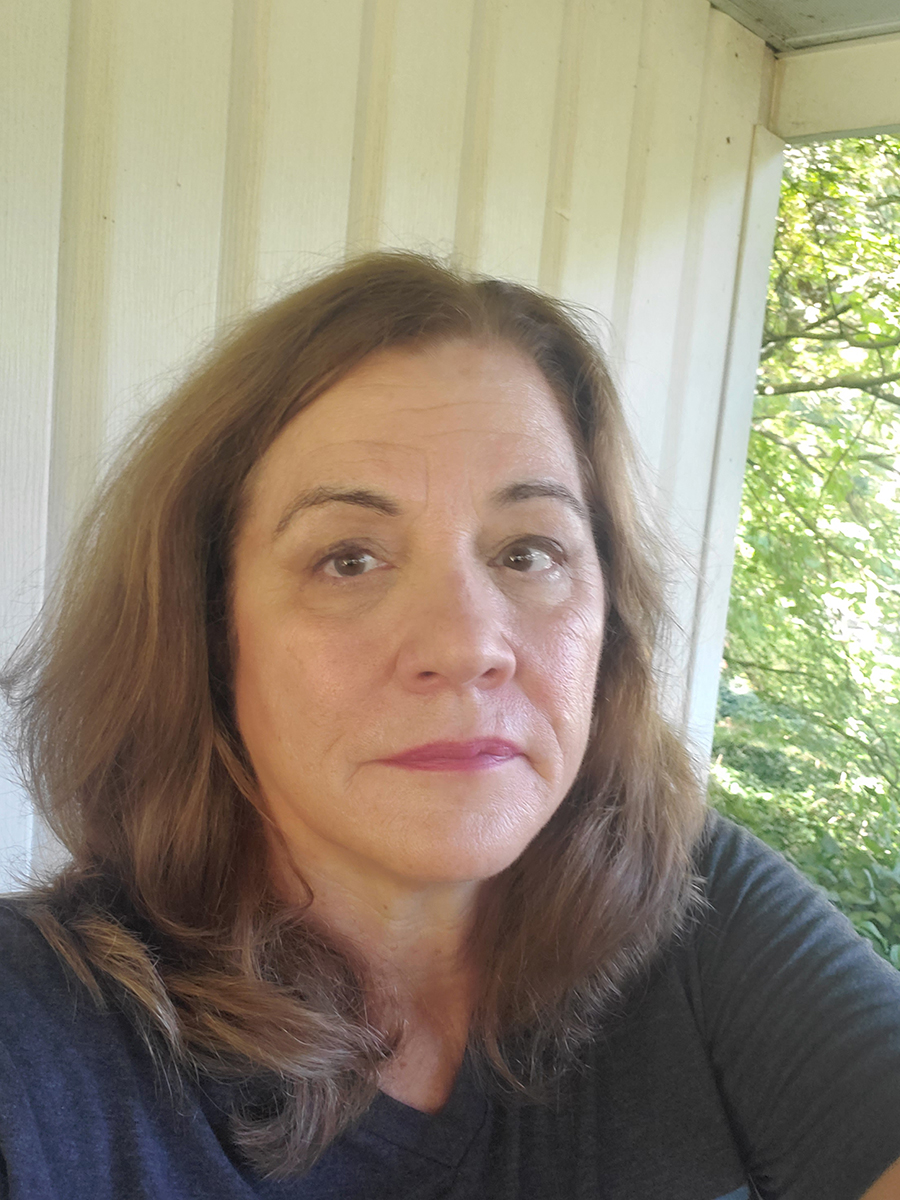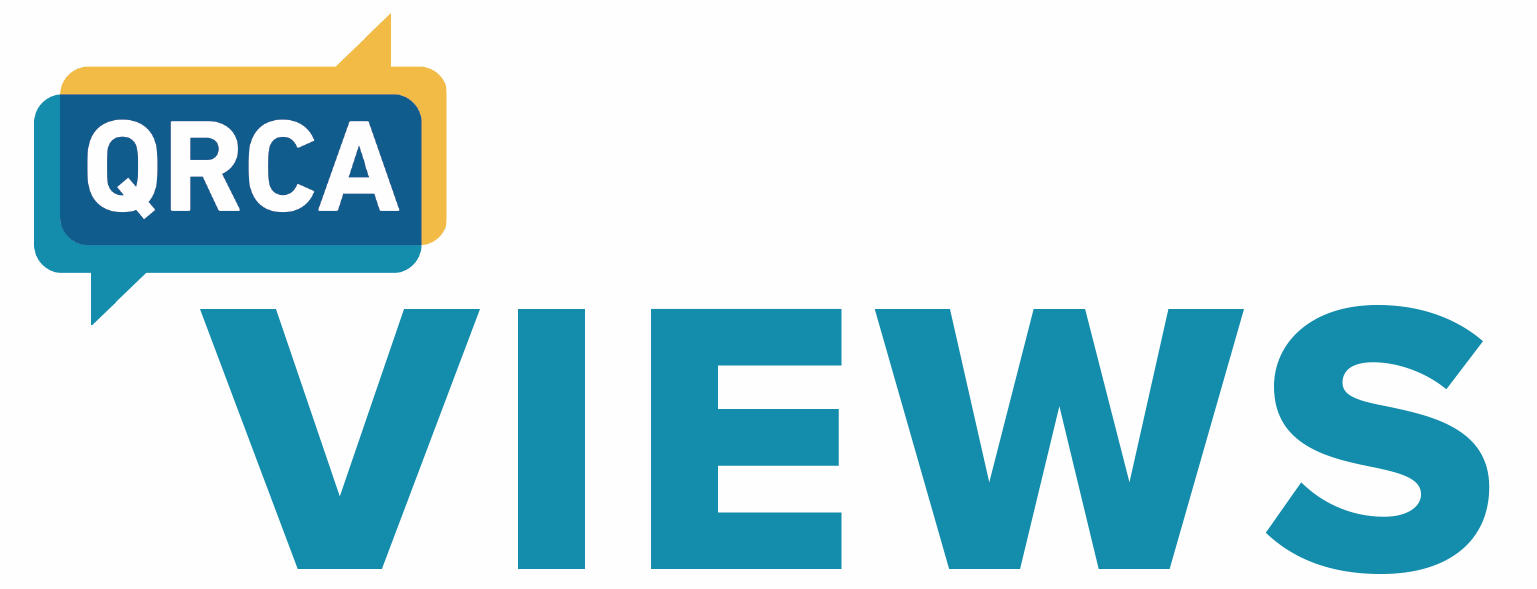
By Pattie O’Donnell, Independent Moderator, Dresher, Pennsylvania, pattieod@gmail.com
Interviewing in the healthcare sector is a world all its own; it’s much different from interviewing in CPG, finance, education, or other categories. The language is challenging—as you might imagine if you think about reading your own healthcare reports and insurance statements. Each new project requires the moderator to familiarize (or update) themselves with the target condition, along with its acronyms and treatments. You need to navigate conversations with participant types who can be almost the inverse of one another.
Health care providers (HCPs) tend to be busy and rational. You’ll work hard to get emotion out of them, and you’d better be prepared to keep up with their medical lingo. They’ve been interviewed on the same subject many times and have developed pat answers. It’s your job to clear out distractions, go behind these providers’ standard replies, and get to their motivations.
People with illnesses and their caregivers (usually family members) tend to be much more oriented to emotions and the life impacts of their or their loved one’s condition. You must be able to converse about the often-enormous impact ill health has had on these participants’ lives. Although typically lacking the in-depth scientific knowledge of healthcare professionals, patients and caregivers hold a wealth of information about the diagnosis and treatment selection process.
Participants with health conditions are sometimes frightened, confused, or frustrated, and they often lack energy. But these people often feel unheard outside the interview setting, and so are eager to tell you about their experiences. They will go deep with you if you can show you understand their situation and provide a safe, comfortable mental space to talk to you.
With careful questioning, you can provide your clients with a view into the decision-making processes of both healthcare providers and their patients. Here are a few basics I return to after more than 20 years of interviewing in the healthcare and pharmaceutical spaces—though many of these tips also apply to conducting interviews around challenging topics in other sectors.
In-Depth Interviews with Patients and/or Caregivers
Make appropriate acknowledgements
Acknowledge that the participant might have limited energy if relevant to the health condition. Many people with disabilities and those with chronic illness have adopted the metaphor of “spoons” (Cleveland Clinic, 2021) to describe their energy limits, as in: “I have only so many units of energy (characterized as ‘spoons’) to accomplish even the most basic of my daily tasks.” Show patients you understand this by giving them permission to interrupt the interview for a break or reschedule the rest of the interview if they don’t have enough “spoons” for the day.
Many conventional discussion guides include “if you want to stop at any time” language, but explicitly recognizing patients’ exhaustion conveys care for their comfort and well-being. I’ve very rarely had a patient actually need to pause an interview; it’s almost as if knowing there’s an exit makes it easier for them to go the distance.
As appropriate, acknowledge the “ickiness” of the topic. It’s the elephant in the room, so it’s advantageous to talk about it up front. “We’re going to be talking about the delightful world of diarrhea” can lighten the mood, put your participants at ease, and give permission for them to talk clearly about topics that are not often discussed in public.
It’s okay to acknowledge that participants are dealing with a very tough situation. We always strive to remain neutral, but you don’t need to be impartial in the face of hearing about people receiving terminal diagnoses, enduring painful symptoms and therapies, or watching a loved one struggle. “That’s got to be really difficult for you” and “I’m sorry you’re facing that” are simple but powerful phrases that express compassion and empathy for your participants.
Use people-first language
Remember that the person’s illness or disability does not define them. In everyday speech, we commonly hear people referred to as the disease with which they live (e.g., “he is a diabetic,” “she is schizophrenic”). In pharma, it’s still common to refer to the person as a “patient.” Resist the urge to slip into these patterns while interviewing and instead refer to participants as “person with [condition X].” In doing so, you literally and figuratively put the person first, before their illness or disability.
I had a client insist on this recently, and even though it made questions wordier, she was absolutely right. “Person with Parkinson’s” or “person with cancer” is the best approach. You may not be able to wean doctors off using “patient,” but strive to do so as much as possible in your guide and your questions.
In keeping with my work to center the person and not the disease, I tend to start by asking people what they do to keep busy during the day. This open-ended question indicates that you’re not just interested in their illness but want to know about their day-to-day life. It also gives you a window into their activity level. Are they still working? Are they able to exercise? Are they able to get out and move around in the world?
Understand the journey early
Start with the patient journey. That is, ask early on for a short (two-minute) description of how the person came to be diagnosed with their condition. It helps people dealing with difficult situations to get comfortable with the interview process and provides you with context for the rest of the discussion. Most are used to and comfortable telling that part of their story, and it can ease them into answering more difficult questions.
Speaking of which, rather than avoiding the discussion of your participants’ physical and emotional pain, acknowledge it and ask about it: “I can’t imagine dealing with that. How did you handle getting that diagnosis? What helped you cope at the time? How do you feel about it now? How, if at all, have your feelings about it changed, and what contributed to that change?”
Use dyads to enhance understanding
Dyads can open doors to those with communication impairments. When a person has a condition that makes communication difficult, dyads are an excellent choice. The caregiver—whether spouse, child, parent, sibling, or friend—can help translate what their loved one is saying. At the same time, you still get the benefits of hearing directly from the person who is living with the disease or the treatment—as well as the opportunity to see their facial expressions. This also applies to getting a parent involved in an interview with a participant under age 18.
Another benefit to dyads is the insight you can gain insight into the family dynamics surrounding the illness, including the tensions and frustrations of those who have the illness and their caregivers.
Dyad interviews can help you gain insight into the family dynamics of an illness
Prepare participants ahead of the interview
Ask participants to have their treatments on hand for the interview. Drug names can be difficult to remember, so ask at the time of recruitment for participants to have a list of current and past treatments, or the actual packaging of current therapies, in front of them. This can minimize frustration and confusion.
Remember, participants should not hold medication bottles up to the camera, or their full names may appear and undermine their confidentiality.
Cleverly assess compliance. To get a better idea of medication compliance, use the healthcare practitioner’s old trick: ask how many doses they miss in a specific period rather than, “Are you taking your medications regularly as prescribed?”
I learned from personal experience that even “I take my treatment every day” may not mean the same to everyone. When my dad went to the emergency room for a potential heart attack (spoiler: it was GERD), a doctor asked him if he was taking his Nexium every day. He said he was. I said he wasn’t. My dad protested, “I do! I take it every day I need it!”
Don’t play doctor
Refer questions back to the participant’s healthcare provider. When participants ask specific questions about a medication, such as how to use it, or their condition, steer clear of answering those questions. Rather, you can safely direct them to their healthcare provider for answers. “That’s a great question for your doctor” and “That would be a good thing to bring up at your next appointment” are phrases that avoid dispensing medical advice.
In-Depth Interviews with Healthcare Providers
One of the primary reasons why clients often ask for moderators experienced in a specific healthcare category is that doctors rely heavily on medical jargon, whether speaking at the general level (e.g., “bid” for twice daily or “CBC” for complete blood count) or about a specific condition (e.g., “ANA” for antinuclear antibodies, the primary test for lupus). Therefore, moderators need to be relatively fluent in both common and category-specific vocabulary and acronyms in order to keep up. Physician participants will tell you more if they believe you know your stuff; if you don’t, they can be impatient or dismissive.
Prepare
Internet research can be done via:
- WebMD, Medscape, National Institutes of Health (NIH), Cleveland Clinic, and Mayo Clinic; these furnish high-quality information for the lay reader
- The company-sponsored website for the client’s product and for each of its primary competitors
- Physician specialty organization websites, which often have excellent patient information sections written in lay language (ASCO/American Society of Clinical Oncology, ACR/American College of Rheumatology, etc.)
- Condition-specific organizations: The American Cancer Society, the Lupus Foundation, etc.
Other sources that are more HCP-directed, such as YouTube videos of panel discussions about the latest treatment paradigms, can help you become comfortable with the way doctors talk about the condition and its treatments. Videos can also help with pronunciation challenges.
HCPs don’t expect you to be as knowledgeable as they are, but they expect you to be able to understand what they’re talking about, which means being aware of the language, acronyms, and verbal shortcuts used in their specialty, as well as the most-used treatments and tests in their therapeutic areas.
Create a life-saver memory aid
Create a “cheat sheet” for your client’s therapies and primary competitors with key product information. Before you start interviewing, you should know:
- The branded and generic names for every therapy. Some physicians steadfastly refuse to use brand names; others may default to brand names, especially when the generic is a mouthful. For instance, when discussing immunotherapy for cancer, you might hear a doctor talk about Yervoy (the brand name), ipilimumab (the generic name), or even “ippy” (a short form of the generic name).
- Who makes each treatment. Especially when discussing an infrequently used treatment, physicians may refer to a product only by its manufacturer: “You know, the BMS one” or “that new one from Pfizer.”
- The recommended dosing. In case the physician can’t recall the dosing for a treatment they rarely prescribe, have available the product’s recommended dosing for the FDA-approved indication being studied (see call-out box). For instance, if a physician cannot respond to the unaided “What dosing are you using?” it helps if you can state that before turning to the aided question: “Are you using the 10-milligram or 20-milligram dose? Once or twice a day?”
- The appearance of the client’s product and its main competitors, so that if a participant mentions “the pink pill,” “the green and purple box,” or “the inhaler with the blue cap,” you can tell what they’re talking about. Drugs.com and WebMD have pill identifiers that can be helpful.
- The abbreviations that are common in the disease state and therapeutic area. Doctors are particularly apt to speak in abbreviations when discussing dosing and testing (see below)
 A woman completes prework for an interview
A woman completes prework for an interview
A SAMPLE OF ABBREVIATIONS TO KNOW:
- HCP – Healthcare Provider
- QD – once a day
- BID – twice a day
- PRN – as needed
- RoA – route of administration
- PO – by mouth/oral: pill/powder/liquid
- IV – intravenous
- IM – intramuscular
- subQ – subcutaneous/under the skin
- MoA – mechanism of action (how the drug works)
- CBC – complete blood count (counts of red and white blood cells, platelets, hemoglobin)
- BMP – basic metabolic panel (electrolytes and kidney function)
- Indication – the use of a product to treat a particular disease or condition. For example, cancer is an indication for chemotherapy.
Ask for clarification
Make sure you understand what the participant is telling you before moving on. It’s true that you’re expected to know the basics, but physicians do not expect you to be an expert. If you become overwhelmed (and we all do), don’t hesitate to ask them to slow down and clarify what they’re saying.
Question Inconsistencies
It’s okay to challenge your providers. Feel free to (gently) call out your participants on their inconsistencies, especially as the interview progresses and they become more comfortable talking to you. For example: “I want to make sure I understand. Earlier, you said X, and just now, you said Y. Those feel like they are in tension. Can you help me understand that?” Sometimes, there’s simply missing information; for instance, it may happen that many patients are unable to obtain the HCP’s preferred medication, so that’s why the physician prefers product A but prescribes mostly product B.
Speak up about distractions
Call attention to a participant being distracted. When you hear a doctor multitasking or sense that they are even more rushed/pressured than usual, a sincere offer to reschedule can salvage the situation. Either the participant will realize you can tell they aren’t focused and ease up on the emailing, or they will take you up on your offer and reschedule. They are often grateful to be given an hour or two to clear up the tasks that are preventing them from focusing on your discussion, which can result in a much deeper and more meaningful conversation later.
Ease physicians into admitting less-than-stellar-behavior
Ask questions about colleagues’ behavior. When discussing behavior that a physician may not be proud of (perhaps one that’s more motivated by financial gain than patient care), you can ask why they think other providers are behaving that way and how often they think it’s happening.
Years ago, I was interviewing oncologists about their unwillingness to treat people with certain types of insurance or less-profitable therapies. None would admit to doing it themselves, but some were happy to provide detailed descriptions of their colleagues’ profit-focused behavior.
Avoid asking “why?”
Avoid using the question “Why?”. As in every other kind of research, Interviewing 101 still applies to healthcare professionals: Don’t ask “why?” because it sounds like a challenge (“Why did you prescribe that?”), and no one, especially people with the amount of training that HCPs have, likes to be challenged. Instead, say, “What made you opt for product X?” or “What motivated you to prescribe product X for those patients?” It’s essentially the same question and gets the same answer without eliciting a negative initial gut reaction.
Conclusion
If you are just starting out in healthcare research, you can interview with confidence and provide your clients with a wealth of insights if you are willing to dive deep into your own research before starting any project, totally immersing yourself in the world of the condition and all the treatments available for it.
Interviewing in the healthcare sphere is fascinating and ever-changing. It is challenging, both intellectually and emotionally. You will hear compelling stories and grow your own knowledge of the world of medicine and how people interact within it. I’ve been doing this for over 20 years, and I’m never bored!
Reference
Cleveland Clinic, November 16, 2021. “What Is the Spoon Theory Metaphor for Chronic Illness?” Accessed September 7, 2023. https://health.clevelandclinic.org/spoon-theory-chronic-illness.





